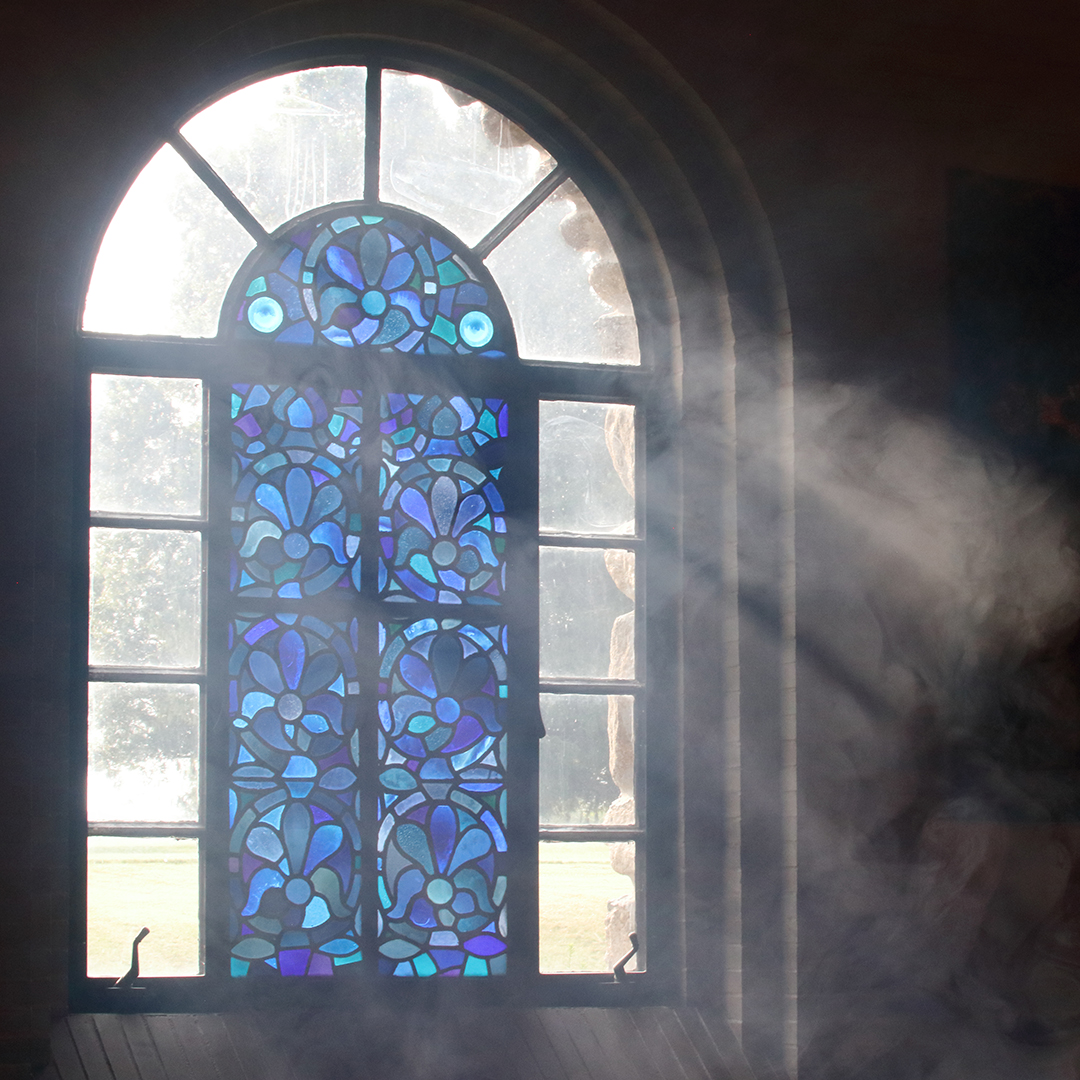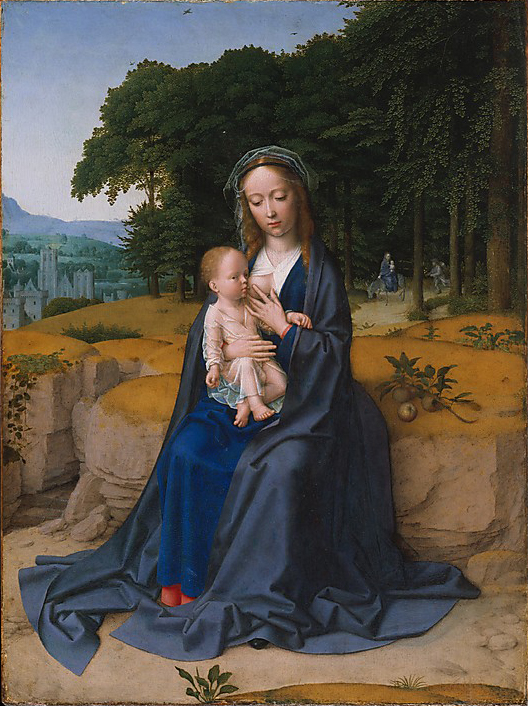Jubilee
“Hope does not disappoint us…” Thus, our Holy Father Pope Francis begins his announcement of the Ordinary Jubilee of the Year 2025, the theme of which is Pilgrims of Hope. It is comforting to think that Jubilee 2025 will coincide with our own jubilee of 200 years since the foundation of our community. How many times did our fathers of Spencer have to renew their hope that God had a plan and purpose for their community, despite all the fires, despite the hardships of Trappist life. In hope, they believed against hope—moving from Nova Scotia to Rhode Island to Spencer—that there was a divine purpose for their life. And God confirmed this with a sign, “a sign of sure hope and comfort for the pilgrim people of God.” That sign was Our Lady.
Mary had passed through the sorrows and joys of this world. She knew the route and how important hope was. That is why when our fathers wanted to know where God was leading them, they looked to Mary. When they wanted to know how to fulfill the mission that God had given them, they imitated Mary. When they were discouraged, weary, perplexed, they entrusted themselves to Mary. The Almighty had done great things for her, and they were convinced that he would do the same for them, that is, give them complete fulfillment in their vocation.
Certainly, Our Lady’s vocation was different from theirs. God wanted her to reveal the fulness of motherhood, both in body and soul: first, in the physical motherhood of her Son and then in the spiritual motherhood of everyone who follows her Son. She embraced the sorrows: searching three days for her lost son; having to listen to the gossip and calumnies directed at him; patiently bearing a veritable crucifixion of her own at the cross. She could say with the prophet: “Has there been any sorrow like my sorrow…” At the same time, she knew the utter satisfaction and joy—“What eye has not seen, nor ear heard, nor entered into the human heart…”—of fulfilling her mission in life: the self-gift that welcomed the savior into her womb; the compassion that spared the bride and groom the humiliation of running out of wine; and finally, the hundred-fold of a vast motherhood bestowed on her by Jesus: “Woman, behold your son. Behold, your mother.” Her greatest happiness, what pleases her mother’s heart above all else, is to enable us to know that fulfillment of our chosen vocation. That is why our fathers turned to her as a sign of hope.
But how exactly did Our Lady help our fathers to fulfill their mission? She gave them her song of hope—her Magnificat. Hope enables us to proclaim this greatness of the Lord in our daily rounds of prayer at the Divine Office. Hope inspires us to rejoice in our lowliness and “humbly regard others as more important than” ourselves. Hope encourages us to not be afraid and gather with our brothers at work, at lectio, at meals where Jesus is present in our midst. But her words also warn us to allow God to cast down the mighty pretensions of our thoughts; to allow God to scatter the proud thoughts that constantly strive against our hearts; to allow God to empty the riches we accumulate so that he can fill our true hunger with good things. Finally, Our Lady urges us to carry in our hearts a salutary fear of the Lord which complements the virtue of hope.
The Church is on pilgrimage celebrating a jubilee year, and we are on pilgrimage following in the footsteps of our fathers. May the gift of hope sustain us on the way. Hope does not disappoint, as Our Lady attests. May she be a sign of sure hope and comfort for all of us, leading us to Christ Jesus our hope.
–Reflection by Abbot Vincent



